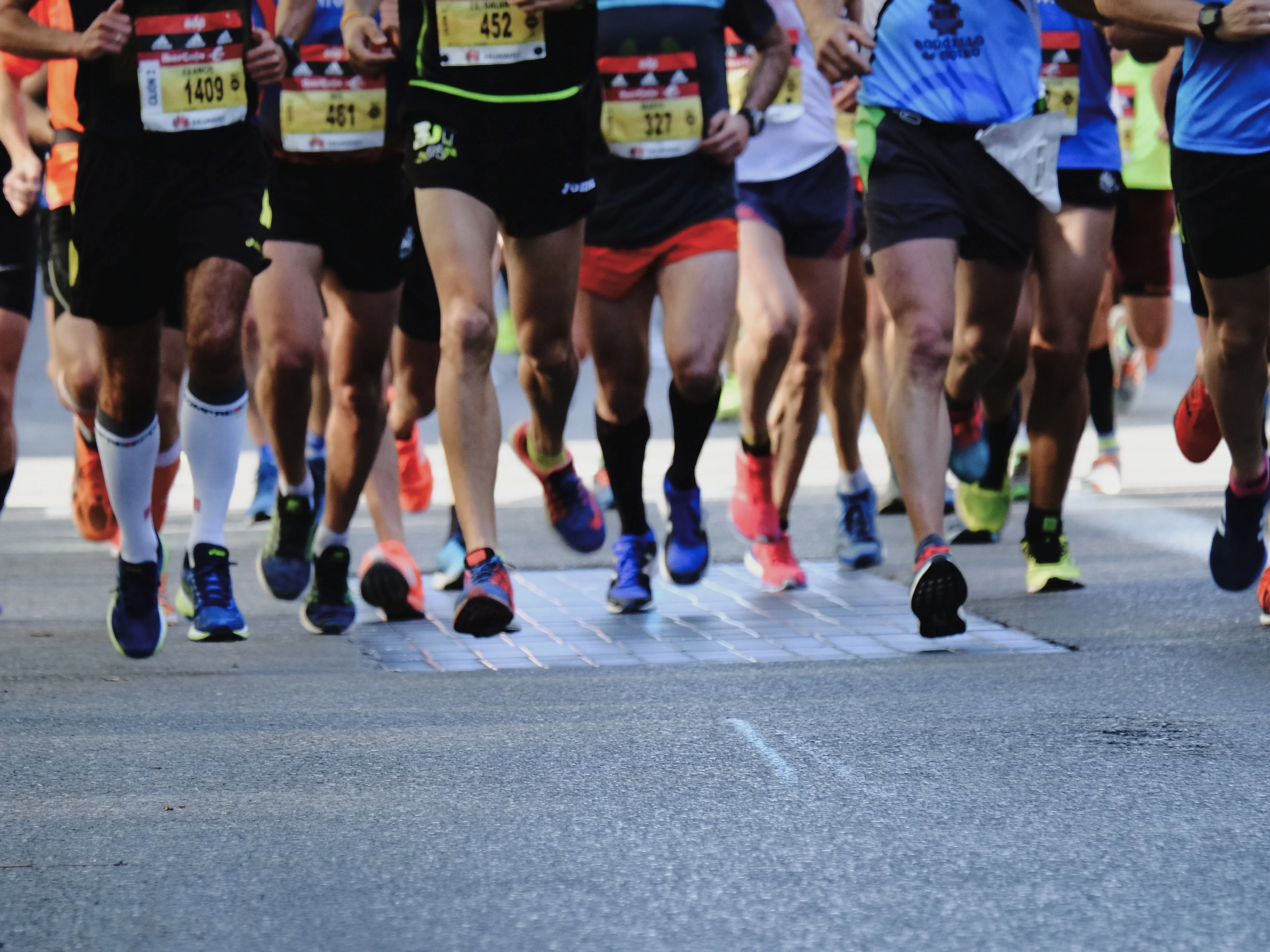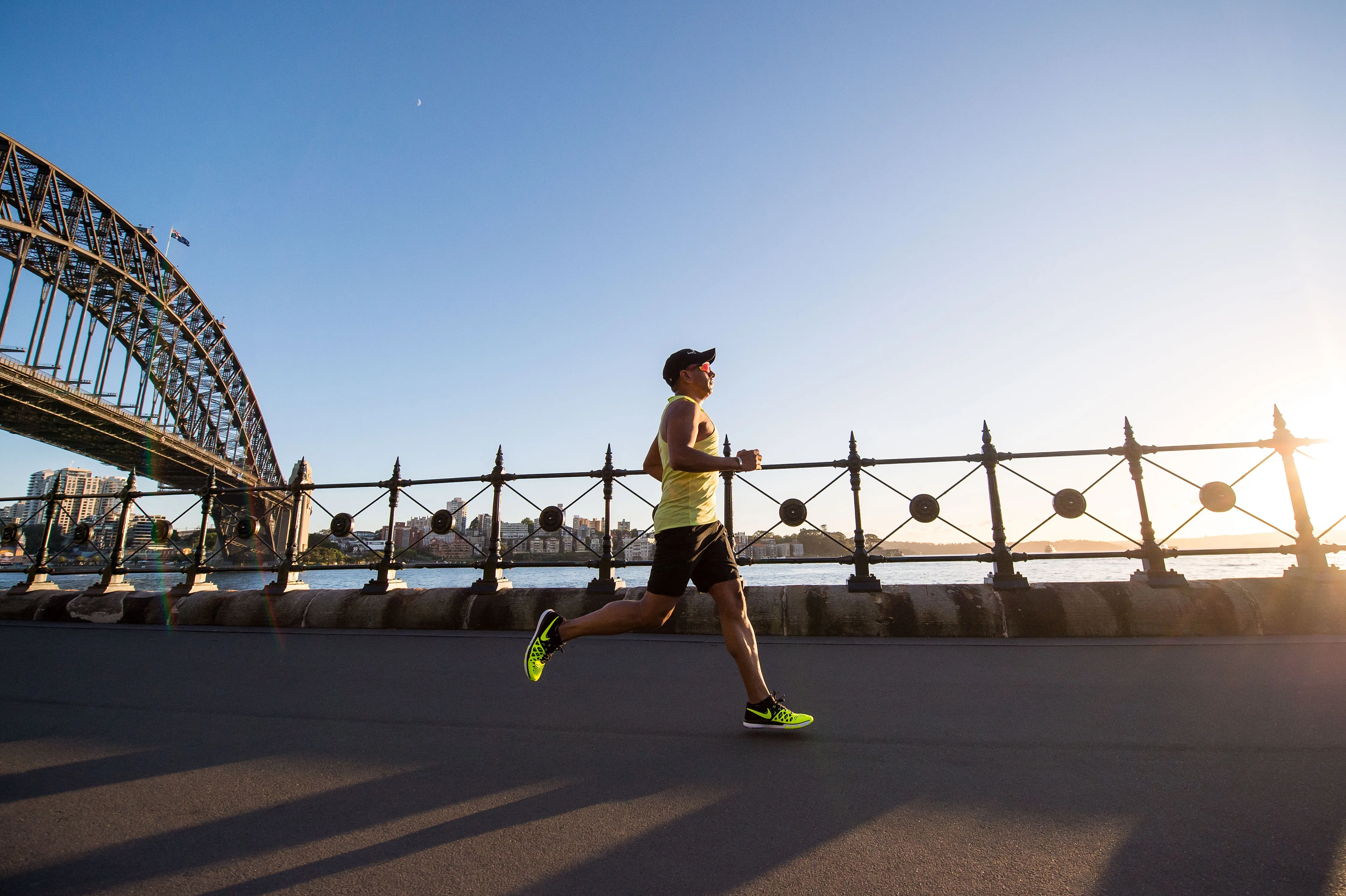
If you’re a runner, you know the importance of proper nutrition. Feeding your body the right nutrients before, during, and after your run is crucial for performance and recovery. But with so much advice out there, it can be challenging to know exactly what to eat. In this post, we’ll guide you through the best nutrition practices for runners.
What to Eat Before a Run
Fueling your body before a run is imperative for optimal performance. You need energy to sustain your pace and fight off fatigue. The best pre-run meals are generally high in carbohydrates, moderate in protein, and low in fat.
Whole grains like oats, brown rice, or whole grain bread provide slow-releasing carbohydrates that can keep your energy level steady. Pair these with protein-rich foods like eggs, Greek yogurt, or lean meat for a complete meal. Remember to keep your meal low in fat as fat can take longer to digest and may cause discomfort during your run.
Timing is also important when it comes to pre-run nutrition. Aim to eat a larger meal 3-4 hours before your run or a smaller snack 1-2 hours before.
What to Eat During a Run
Hydration and easy-to-digest carbohydrates are key during long runs of more than 60-90 minutes. Sports drinks not only help to replace fluids lost through sweat but also provide a source of carbohydrates. Consuming carbs during a run can improve endurance and performance by maintaining blood glucose levels.
If you prefer not to drink your carbs, energy gels or chews can be an effective alternative. These products digest quickly and provide fast-acting sugars to fuel your run.
What to Eat After a Run
After crossing the finish line, your body’s immediate needs are water to rehydrate, carbohydrates to replenish energy stores, and protein to repair muscle damage.
An ideal post-run meal includes both carbs and protein. Try a quinoa salad with grilled chicken, a smoothie with fruit, milk, and a scoop of protein powder, or a peanut butter and banana sandwich on whole-grain bread. Eating within 30-60 minutes after your run can help maximize recovery.
Also, continue to hydrate after your run. Replacing lost fluids is crucial for recovery and preparation for your next run.
The Role of Micronutrients in Running
While macronutrients like carbohydrates, proteins, and fats are crucial, micronutrients should not be overlooked. Iron, for example, is essential for the production of hemoglobin which carries oxygen in the blood. A deficiency can lead to fatigue and impaired performance. Good sources of iron include lean red meat, shellfish, beans, and fortified cereals.
Calcium and vitamin D are also important for runners as they support bone health. Calcium-rich foods include dairy products, fortified plant milk, and leafy green vegetables. You can get vitamin D from fatty fish, egg yolks, fortified foods, and of course, sunshine.
Remember, nutrition needs can vary greatly from person to person. Always listen to your body and adjust your nutrition plan as necessary. And if you’re struggling with your diet or experiencing persistent fatigue or other health issues, consider consulting a registered dietitian or physician. Happy running and eating!





